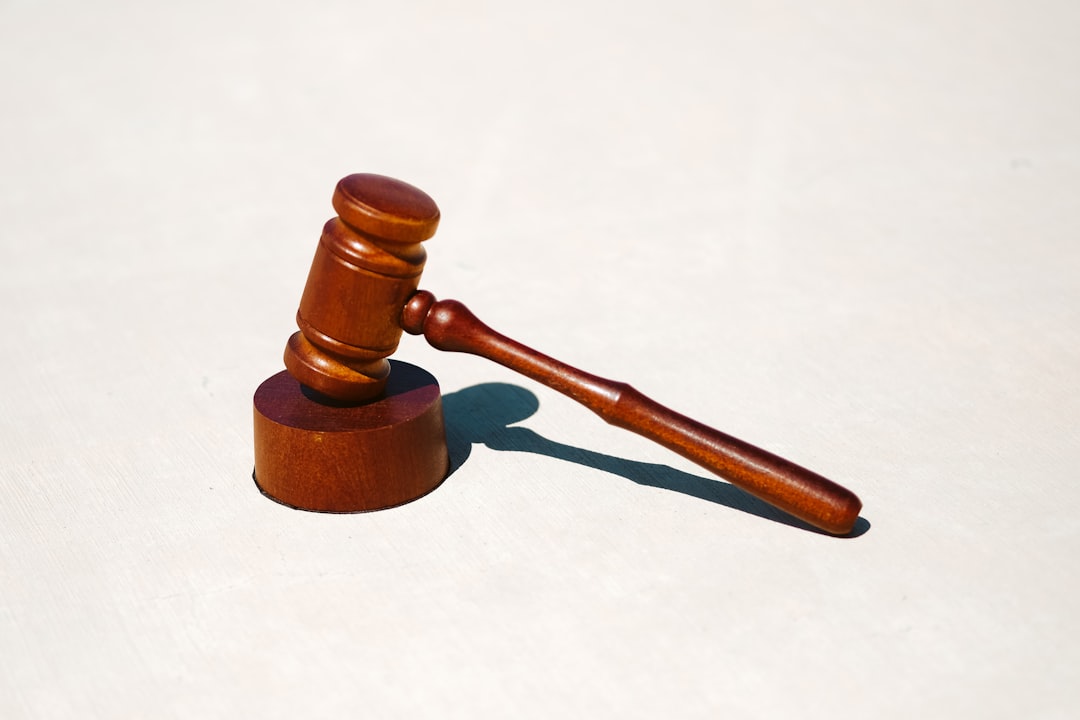In New York State, rape and sexual assault are serious crimes with specific legal definitions. Rape is classified into four degrees based on force, threat, or coercion, while sexual assault includes unwanted contact without consent. Victims should consult a rape attorney in New York NY for fair representation. New York City has three degrees of rape, with varying legal requirements and sentencing. Retaining a skilled rape attorney in New York NY is crucial for navigating complex laws, defending against severe charges, and ensuring justice.
In New York, understanding the different degrees of rape is crucial for victims seeking justice. This article delves into the intricacies of sexual assault laws within the state, focusing on the statutory categories and their definitions. We explore each degree’s elements of proof, sentencing guidelines, and the vital role a rape attorney plays in navigating these complex legal matters. Empower yourself with knowledge by learning about your rights and options when facing accusations or pursuing justice for rape in New York NY.
Defining Rape and Sexual Assault in New York State

In New York State, rape and sexual assault are serious crimes defined under various statutes in the Penal Law. Rape is broadly understood as non-consensual sexual penetration, including vaginal, anal, or oral acts, with a person without their consent or against their will. A rape attorney in New York NY can help navigate these complex legal definitions. The law recognizes different degrees of rape based on factors like the use of force, threat, or coercion, as well as the relationship between the perpetrator and victim.
Sexual assault, while related, encompasses a broader range of unwanted sexual contact that does not necessarily involve penetration. This includes actions such as touching, fondling, or engaging in any sexual act without the consent of the other person. It’s crucial for victims to understand their legal rights and seek assistance from a rape attorney in New York NY when facing these charges to ensure fair representation and justice.
Degrees of Rape: Statutory Categories Explained

In New York, rape is categorized under various degrees, each with distinct legal definitions and penalties. Understanding these classifications is crucial for victims seeking justice and for those considering hiring a rape attorney in New York NY. The state recognizes four main degrees of rape, ranging from situations where there’s no consent to cases involving specific circumstances.
The most severe forms, such as first-degree rape, involve sexual intercourse without the victim’s consent or when the victim is incapable of giving consent due to intoxication or disability. Lower degrees may include instances where consent was obtained under coercion or threats. These statutory categories ensure that prosecution and sentencing align with the gravity of the offense, offering a comprehensive legal framework for addressing rape in New York NY.
Elements Required to Prove Each Degree

In New York NY, rape is categorized into different degrees, each with distinct legal elements that must be proven to secure a conviction. For instance, rape in the first degree (Penal Code § 20-34(1)) requires proof of forcible sexual penetration using physical force or overcoming a victim’s will through threats or coercion. The act must be non-consensual and committed against a person who is unable to give legal consent due to age, mental disability, or physical incapacity.
Rape in the second degree (Penal Code § 20-34(2)) involves sexual penetration without consent but does not necessarily require the use of force or threats. It includes instances where a victim is unable to give consent because they are asleep, unconscious, or under the influence of drugs or alcohol. Establishing this degree requires clear evidence that the defendant engaged in sexual intercourse with a person who was incapable of giving lawful consent at the time. A rape attorney New York NY plays a crucial role in navigating these complexities and ensuring that all required elements for each degree are met during legal proceedings.
Consequences and Sentencing Guidelines

The consequences of a rape conviction in New York are severe, reflecting the state’s zero-tolerance policy for sexual assault. Sentencing guidelines vary based on the degree of rape and any mitigating or aggravating factors. A rape attorney in New York NY can help navigate these complexities.
For example, a Class A felony rapes involving physical force or the use of a weapon carries a mandatory minimum sentence of 25 years to life imprisonment. Additional charges may include fines, registration as a sex offender, and orders for victim compensation. Understanding these potential outcomes is crucial for those facing rape accusations, underscoring the importance of retaining a knowledgeable rape attorney in New York NY for robust legal defense.
The Role of a Rape Attorney in New York NY

When facing accusations of rape or sexual assault in New York City, having a skilled rape attorney by your side is invaluable. These legal professionals are experts in navigating the complex web of state laws and can provide crucial support to those who have been wrongfully accused. A rape attorney in New York NY will thoroughly examine all aspects of the case, ensuring that their client’s rights are protected throughout the process.
They play a vital role in challenging the evidence presented by the prosecution, including physical and forensic tests, witness testimonies, and any other potential proof. With a deep understanding of the legal definitions and elements required to prove rape under New York law, these attorneys can build a robust defense strategy. Their goal is to secure the best possible outcome for their client, whether that means dismissal of charges, reduced sentencing, or achieving a fair trial.






